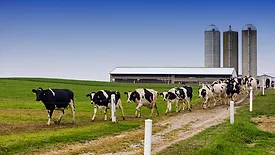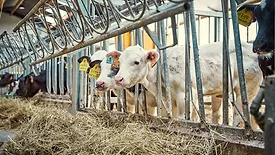Dairy/Eggs
Significant growth and advancement in low- and middle-income countries can be accelerated when operators across the dairy chain meet international standards for food safety
Read More
Never miss the latest news and trends driving the food safety industry
Newsletters | Website | eMagazine
JOIN TODAY!Copyright ©2026. All Rights Reserved BNP Media.
Design, CMS, Hosting & Web Development :: ePublishing











